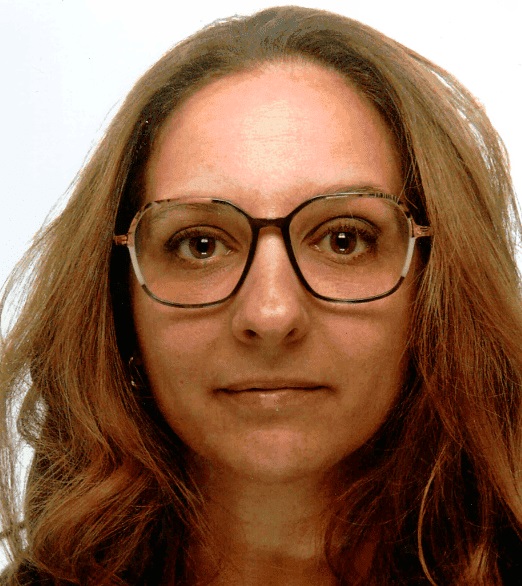7th ICLHE Conference 2022 - EMI, ICLHE & Englishization: Reflecting on the changing university
Date : du 18-10-2022 au 21-10-2022
Lieu : Maastricht University
Modalité : présentiel
Organisation : Integrating Content and Language in Higher Education Network (ICLHE)
The focus of the 7th ICLHE Conference is not merely on teaching and learning through an additional language that have been the traditional staple of earlier Conferences. The intention in 2022 is to home in on the language that has become dominant in many spheres, i.e. English. The conference addresses the impact and consequences of this dominance, e.g. the impact on the classroom, the key actors involved, the university and society. English has become a central factor in the internationalization of universities. English-medium instruction or EMI, as it is commonly known, is seen by many as the means through which universities demonstrate the extent of their internationalization. EMI is perceived both as a sign of Englishization of higher education and as an opportunity for students and scholars in an ever-globalizing world.
The 7th Conference aims to delve into the effects of Englishization and EMI on other languages, on the nature of knowledge, on the status of a language as academic language, on the design and quality of teaching and learning, and on national and local cultural identity. It is important to reflect on the impact of EMI and Englishization in the past two or three decades, but also on its impact now and what the future might look like.
Programme :
Universities have changed rapidly in the past two decades. One of the most visible and controversial changes concerns the language of instruction. English has become a key factor in the internationalization of universities. English-medium instruction or EMI, as it is commonly known, is seen by many as the means through which universities demonstrate the extent of their internationalization. EMI is perceived both as a sign of Englishization of higher education and as an opportunity for students in an ever-globalizing world.
The focus of the conference is not merely on how practitioners design and implement courses when the language of instruction is not the language of the country or region. The conference aims to delve into the effects on other languages, including on other languages of instruction in for example bi- and trilingual regions, on the nature of knowledge, on the status of a language as academic language, on the quality of teaching and on cultural identity. It is important to reflect on the impact of EMI and Englishization in the past two or three decades, but also on its impact now and what the future might look like.
This conference invites proposals that address theoretically or empirically the following themes:
- Language, status and identity
- Policy
- Impacts of English-medium instruction
- The nature of knowledge, power, and EMI
- The silent voices of other languages
The conference also welcomes proposals on traditional themes at ICLHE conferences, such as multilingual programme policy, theoretical and philosophical underpinning for integrated programmes, the integration of content and language, programme and course design, the quality of learning and of programmes, the evaluation and assessment in integrated content and language programmes, and technological developments in programme delivery.
The conference is also interested in integrated programmes that are run through languages other than the dominant local language or English. The call for papers and other contributions will be open in November 2020.
The conference will host three invited sessions, mainly in the form of round tables or panel discussions.
- Institutional language policies: challenges and good approaches
- The Integration of Refugees into Higher Education in the context of Englishization
- The Impact of Englishization on Institutional and Departmental Cultural Practices at Dutch Universities
Keynote speakers:
- Professor Aminata Cairo (The Hague, Netherlands);
- Professor Philippe Van Parijs (Université Catholique de Louvain La Neuve, Belgium);
- Dr Kristina Hultgren (Open University, UK).
URL : https://iclhe-um.nl/.../ichle-conference-2022
mot(s) clé(s) : enseignement supérieur, internationalisation de l'éducation et mobilité, langues vivantes














